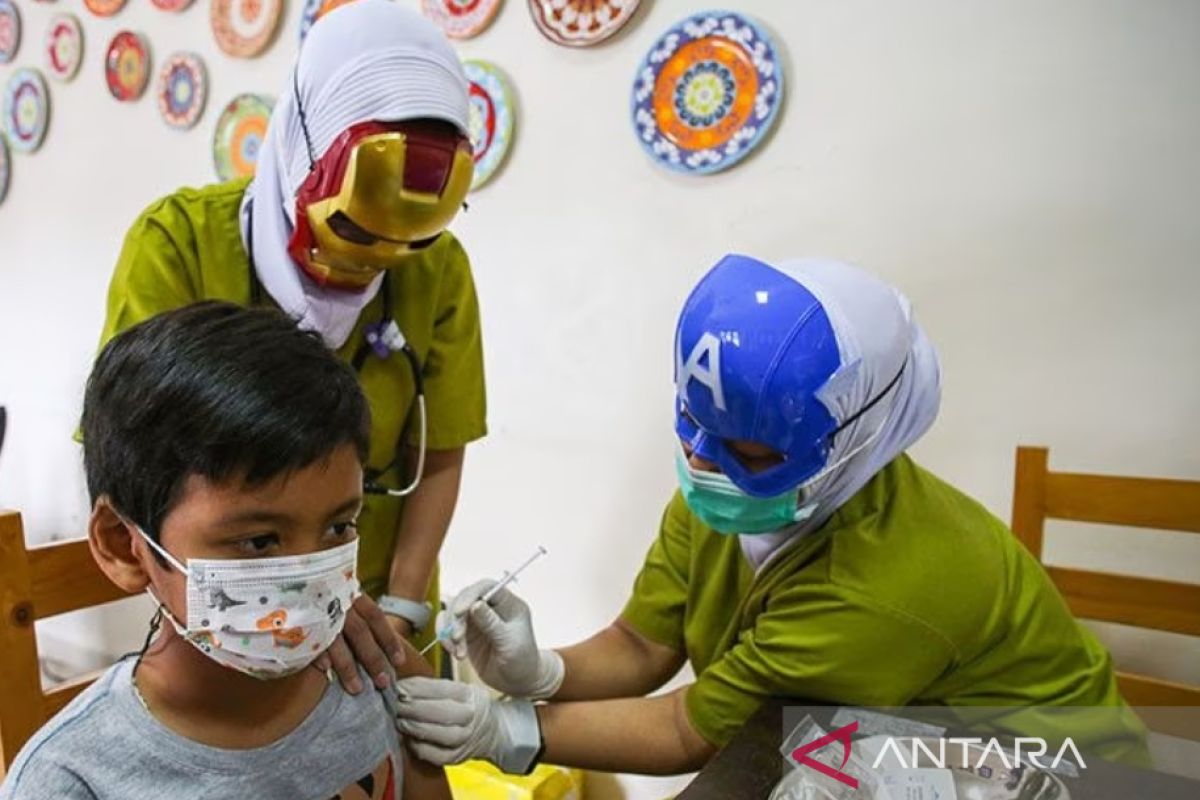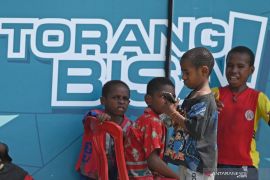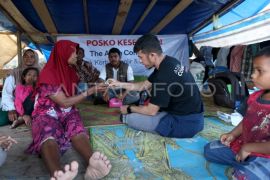“(This is) Because children have smaller airways than adults. Meanwhile, the Omicron variant targets the upper respiratory tract," he explained during a discussion organized by the Health Radio of the Ministry of Health, which was accessed from Instagram here on Wednesday.
Prawira said that based on the diagnoses of pediatric patients exposed to COVID-19, children generally experience inflammation in the respiratory tract.
To prevent children from becoming critical upon contracting COVID-19, they need to be observed for possible comorbidities that could trigger more severe symptoms, he added.
"What we need to see is whether children in critical condition have comorbidities or not. If they have comorbidities, the risk of worsening symptoms can be up to 14 percent (higher) compared to children without comorbidities; that's for one comorbidity," he informed.
Speaking on booster vaccinations for children aged 12 years and above, he said that they are not needed yet.
At a press conference on Tuesday, spokesperson for the Ministry of Health, Siti Nadia Tarmizi, had said that the risk of mortality among children due to COVID-19 is influenced by comorbidities.
Related news: Omicron can cause fatal health issues in children: IDAI
Tarmizi noted that fatalities among children under five are generally affected by congenital diseases such as heart defects or general disorders such as blood cancer.
As the Omicron variant is more contagious and generally causes no symptoms, children are at higher risk of contracting the virus from family members, she said.
Based on the IDAI's survey, currently, Omicron infections among children, especially in regions outside Java, are increasing.
In early January, there were 70 cases, and they increased by 350 times by February 14, 2022, surpassing the peak of the second wave of COVID-19 in July 2021.
Related news: Pandemic hinders autistic children from accessing education: ministry
Translator: Andi Firdaus, Raka Adji
Editor: Rahmad Nasution
Copyright © ANTARA 2022












